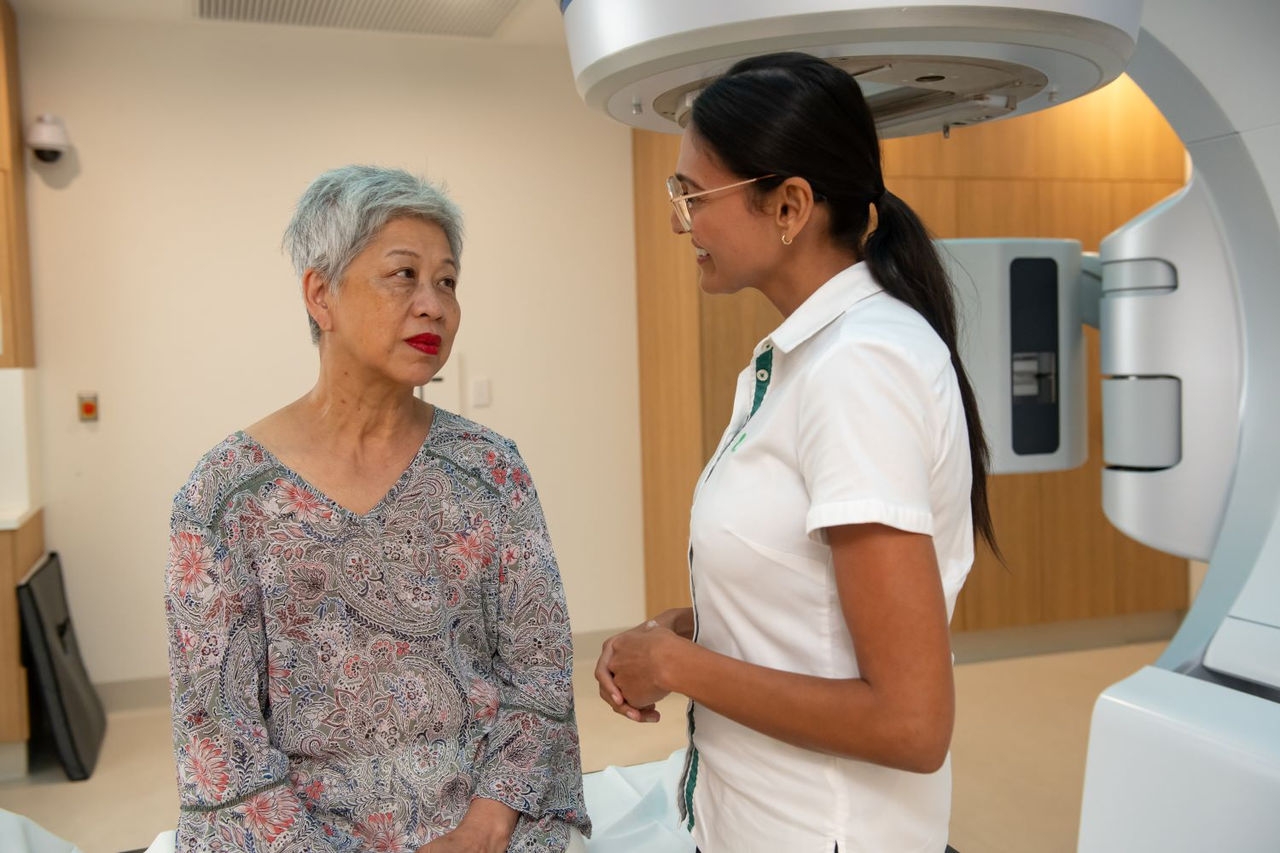What causes breast cancer?
Breast cancer is the most common cancer found in Australian women.1 The latest data by the Australian Institute of Health and Welfare estimated that in 2023 there would be 20,500 cases of breast cancer diagnosed in females.1 But what can cause it and where can it come from?
Inherited Risk
About 5-10% of breast cancers are due to inherited gene mutations.1 People may be born with mutations in certain genes that can greatly elevate the risk of developing cancer. The two main mutations occur in genes called BRCA1 and BRCA2, sometimes called ‘bracca 1’ and ‘bracca 2’, though there are many others such as BARD1, BRIP1, NF1, RAD51C, CDH1, PTEN, STK11, TP53, PALB2, ATM and CHEK2. Genetic testing may be recommended for patients that have a family history of breast cancer in order to identify these mutations and create personalized screening and management strategies.2
Family history is another factor that plays an important role in your risk of developing breast cancer.2.3 Having a first degree relative (parent, sibling or child) diagnosed with breast cancer before the age of 50 years, suggests a higher risk of developing breast cancer.2,3 Individuals of Ashkenazi Jewish descent also have a higher risk of breast cancer due to an increased likelihood of inheriting genetic factors linked to this disease.3 Understanding and documenting family history can help guide healthcare providers in recommending appropriate screening measures according to individuals risk factors.
Things you can't change
Some factors that increase the risk of developing breast cancer include:2,3
- Being born female
- Increasing age
- Dense breast tissue (as seen on a mammogram)
- Previous breast cancer diagnosis
- Radiation therapy to chest for Hodgkin Lymphoma
- Some non-cancerous breast conditions (atypical hyperplasia)
- Males with a rare genetic syndrome (Klinefelter syndrome)1
Reproductive factors can also play a role in breast cancer risk, including:2,3
- Early age of first menstruation
- Going through menopause after 55
- Never having children or having the first child after the age of 301
Each of these reproductive factors can influence hormone levels and breast cell development, impacting susceptibility to breast cancer.
Things you may be able to change
Adopting a healthy lifestyle such as maintaining a healthy weight, being physically active, and limiting alcohol intake, may help reduce the risk of developing breast cancer.2,3
Some hormonal factors such as hormone replacement therapy or the oral contraceptive pill may increase the risk of developing breast cancer. You may be able to change your exposure to estrogen to help reduce the risk.2,3
If you are concerned about your risk of developing breast cancer, speak to your doctor or healthcare professional.
Find out more
View our breast cancer page
References:
- Australian Government. AIHW. Cancer Data in Australia [webpage]. Last updated; Aug 2023 [cited July 2024]. Access from: https://www.aihw.gov.au/reports/cancer/cancer-data-in-australia/contents/overview-of-cancer-in-australia-2023
- Cancer Council Australia. Understanding Breast Cancer. [cited July 2024]. Access: https://www.cancer.org.au/assets/pdf/understanding-breast-cancer-booklet
- Australian Government. Cancer Australia. [Website] What are the risk factors for breast cancer? [cited July 2024]. Access from: https://www.canceraustralia.gov.au/cancer-types/breast-cancer/awareness/what-are-risk-factors-breast-cancer


